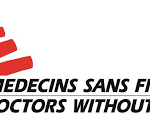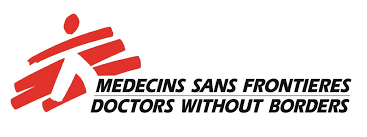
Website Médecins Sans Frontières
MSF is opening the call for proposals by journalists, photographers, filmmakers, and newsrooms editors to join the 2025-2026 cohort of the Without Borders Media Fellowship. This Fellowship aims to encourage humanitarian and health related journalistic reporting, and leverages scientific storytelling to draw attention to emerging local or cross-border issues in the South Asia region. Journalists awarded with this fellowship are expected to produce at least one in-depth report by engaging with affected populations and stakeholders. The fellows will have an opportunity to work closely with mentors, who are experts and thought leaders in journalism and public health, as well as medical and operations specialists from the MSF movement.
Stories from the heart of crises give a voice to vulnerable people, support medical and humanitarian advocacy, and encourage dialogue on humanitarian values. Awarded fellows will be encouraged to work together, build communities of practice, and support humanitarian actors to better understand crises and contexts, while working with compassion.
To apply for this job please visit form.jotform.com.

